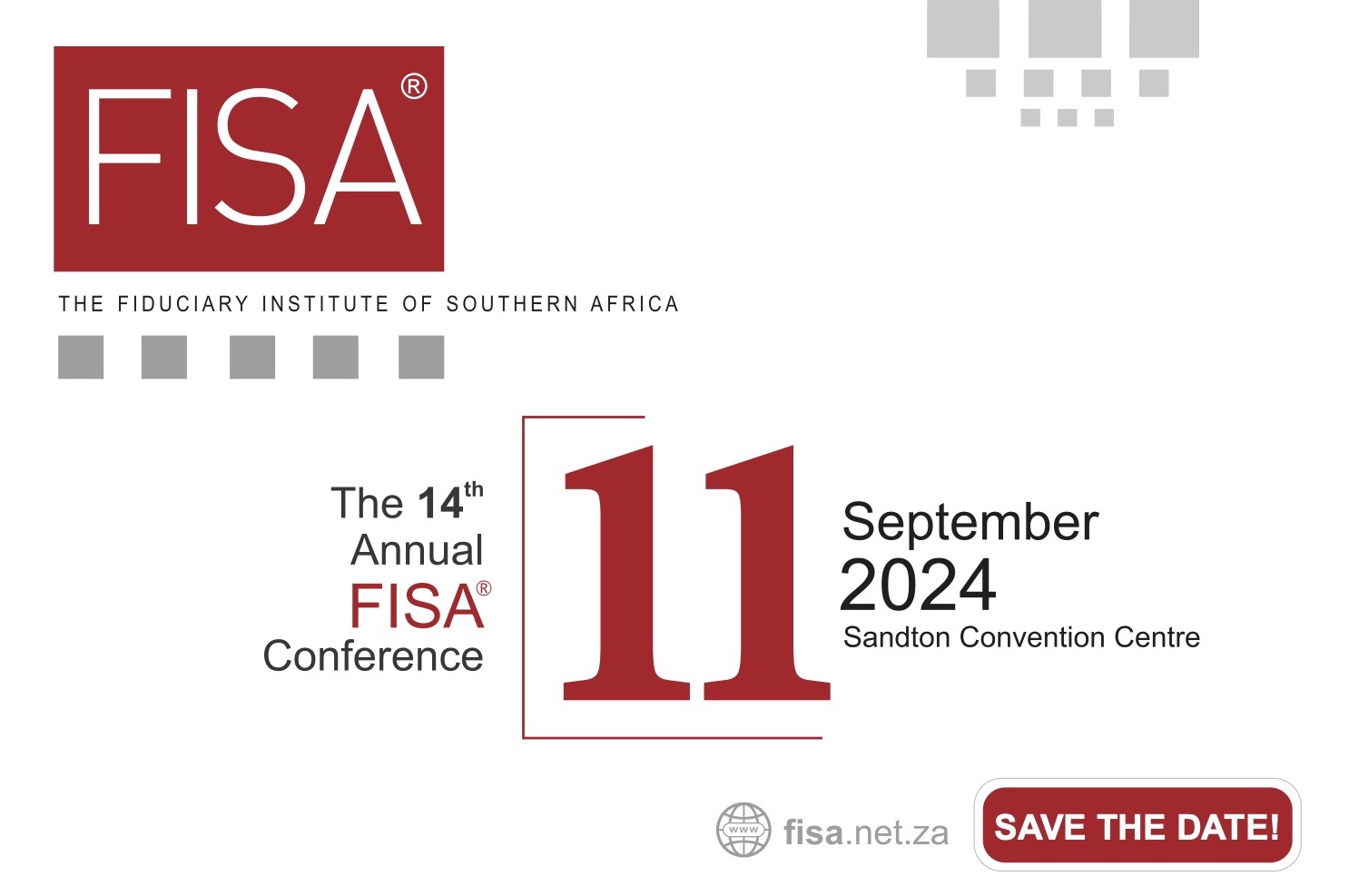By Louis van Vuren, the CEO of the Fiduciary Institute of South Africa (FISA)

In South Africa, the power of attorney is governed by our law of agency, which is rooted in Roman-Dutch common law.
Essentially, this legal framework allows one, as a so-called principal, to grant an agent the authority to act on one’s behalf. The power of attorney can either be general or specific. A general power of attorney permits the agent to do anything the principal could do if he or she were present. This is typically why one would appoint an agent—to handle matters one could not attend to oneself.
On the other hand, a specific power of attorney is limited to particular circumstances or acts that the principal cannot undertake. This specificity ensures that the agent’s powers are clearly defined and restricted to the tasks at hand. For instance, if I am interested in purchasing property in Durban but am in Cape Town, I can issue a specific power of attorney to an agent in Durban to attend an auction and bid on my behalf.
The Challenge of Enduring Power of Attorney
One question that often arises is how the power of attorney operates when a principal can no longer manage his or her affairs. In many countries, there is a provision for a so-called enduring power of attorney, which remains valid even if the principal loses mental capacity. Unfortunately, South African law does not recognise enduring power of attorney. This is because our common law requires that the principal must always be able to withdraw the power of attorney. If the principal loses mental capacity, he or she can no longer withdraw this authority, causing the power of attorney to lapse.
This legal gap poses significant challenges, particularly with our aging population, where many individuals eventually lose the capacity to manage their affairs due to conditions like dementia or Alzheimer’s disease.
Legal Alternatives to Power of Attorney
Given this limitation, what options do we have? There are two primary routes in South Africa. The first is to apply to the High Court for the appointment of a curator. This process, known as appointing a curator bonis, involves preparing and filing court papers. Even if the application is unopposed, it can be quite costly, running into tens of thousands of rands. If opposed, the costs can be unpredictable and substantially higher.

The 14th Annual FISA Conference
11 September 2024 at the Sandton Convention Centre.
The second option falls under the Mental Health Care Act of 2002. This legislation allows for the appointment of an administrator by the Master of the High Court. However, this process also has its drawbacks. For instance, selling fixed property belonging to the person under administration requires the Master’s permission, which can be delayed due to administrative backlogs.
The Need for Legislation
For more than 35 years, there have been efforts to introduce legislation that would allow for enduring powers of attorney in South Africa. This process began in the late 1980s and led to the publication of the Assisted Decision-Making Bill in the early 2000s. This draft legislation, which includes a comprehensive chapter on enduring powers of attorney, proposes controls to prevent abuse and ensure the appointed agent is suitable. However, despite a report published in 2016, there has been no legislative progress.
Proactive Measures for Clients
In the absence of enduring powers of attorney, there are proactive steps that fiduciary experts can recommend to clients. One viable option is to set up a trust to manage finances. If a client is in the early stages of a condition like Alzheimer’s disease but still compos mentis, he or she can establish a trust and donate property to it. The trust can be structured to benefit only the client during his or her lifetime, with the capital passing to the heirs upon death.
From a tax perspective, the South African Revenue Service (SARS) supports this arrangement. Donations to the trust can be made free from donations tax under section 56 of the Income Tax Act. However, the property will be included in the deceased estate for estate duty purposes, ensuring compliance with tax legislation.
The role of a fiduciary expert goes beyond managing finances; it involves foreseeing potential problems and finding legal solutions. For financial advisors and clients alike, understanding the intricacies of power of attorney and exploring alternatives like trusts is essential.
By staying informed and proactive, we can navigate the complexities of South African law and ensure our clients’ affairs are managed effectively and ethically.

